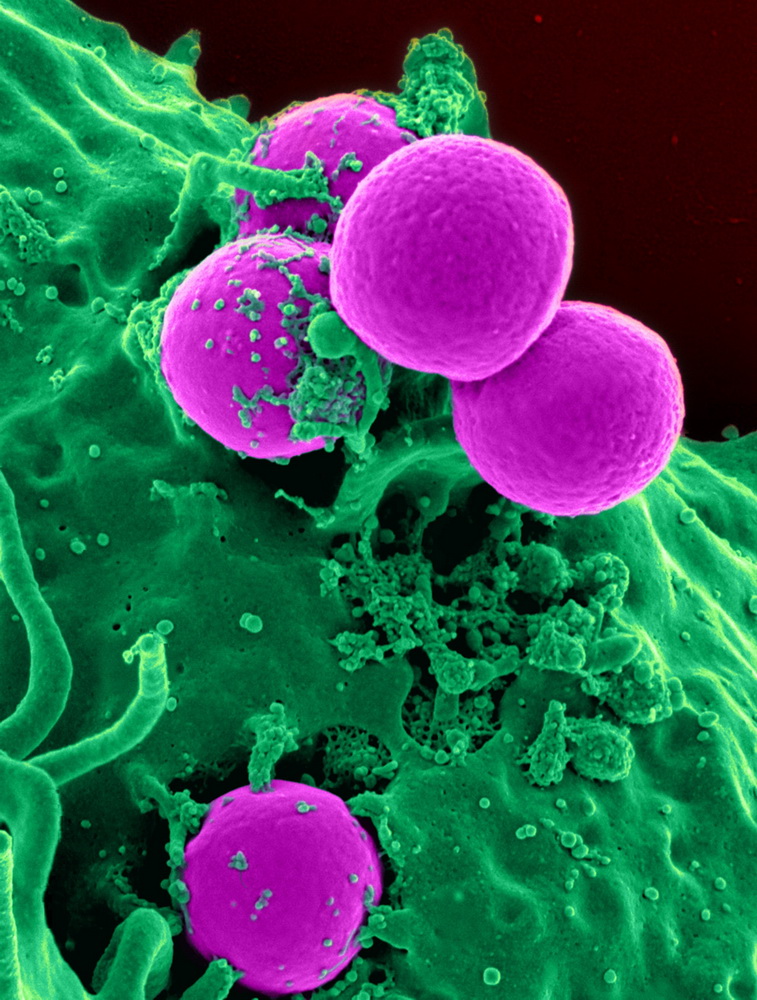
Mesenchymal stem cells are defined as multipotent adult stem cells, but what does this actually mean? Stem cells are important cells that are produced by your bone marrow and can differentiate into many types of blood cells, including both red blood cells and white blood cells.
Mesenchymal stem cells are a specific branch of stem cells that are able to divide and differentiate into a number of different tissues, including bone, cartilage, muscle and fat cells, and connective tissue. You might still be thinking, how does this work, or how can this help treat conditions, such as osteoarthritis? Well, let’s take a look.
There are four stages of osteoarthritis. Firstly, we have the minor stage where there is minimal wear and tear to the joints, with little pain experienced. Then we move on to the mild stage. Here, there are more noticeable bone spurs, in addition to increased pain and stiffness after periods of inactivity. As osteoarthritis progresses to the moderate stage, the cartilage in the affected area begins to erode, causing significant inflammation and discomfort when carrying out everyday activities. The final stage of osteoarthritis, the severe stage, will cause a lot of pain, with the cartilage almost completely gone. This is where mesenchymal stem cells come in. Since the characteristic inflammatory response of this condition is caused by the loss of cartilage, mesenchymal stem cells therapy pose an opportunity to resurface this degenerated cartilage. Treatment with this method has shown promising results across several studies, demonstrating a significant pain reduction, cartilage protection, and healing.
Mesenchymal stem cell therapy is a form of regenerative medicine, so let’s dive into the process of this treatment. Firstly, we have the extraction of bone marrow stem cells. The procedure takes place in a full operating suite to ensure the most sterile conditions. You will be offered light sedation by our anaesthetic specialist, who will oversee your pain control. Your doctor will thoroughly numb the back of the pelvis and take a small bone marrow sample through a needle. This procedure is called a bone marrow aspirate.
The next stage of the procedure is called the harvesting step. Here, we will take the cells and use a cultured technique to grow them in the lab. Our researchers are able to produce more than 40 million of your own mesenchymal stem cells. These stem cells are then reinjected around two weeks after our researchers have completed the lab work. This waiting period is crucial as it allows us to thoroughly check the cells for any bacteria that may have grown. The reinjection of the cells can then be performed by a specialist musculoskeletal radiologist using advanced imaging to guide the stem cells to the target site, such as the knee. You can read more about our specialist team here.
As you can see, mesenchymal stem cell therapy does not require hospitalisation, is minimally invasive and low risk and provides a host of benefits, including pain relief and a significant improvement in cartilage quality. However, if you do have any questions following this post, feel free to contact us directly.
